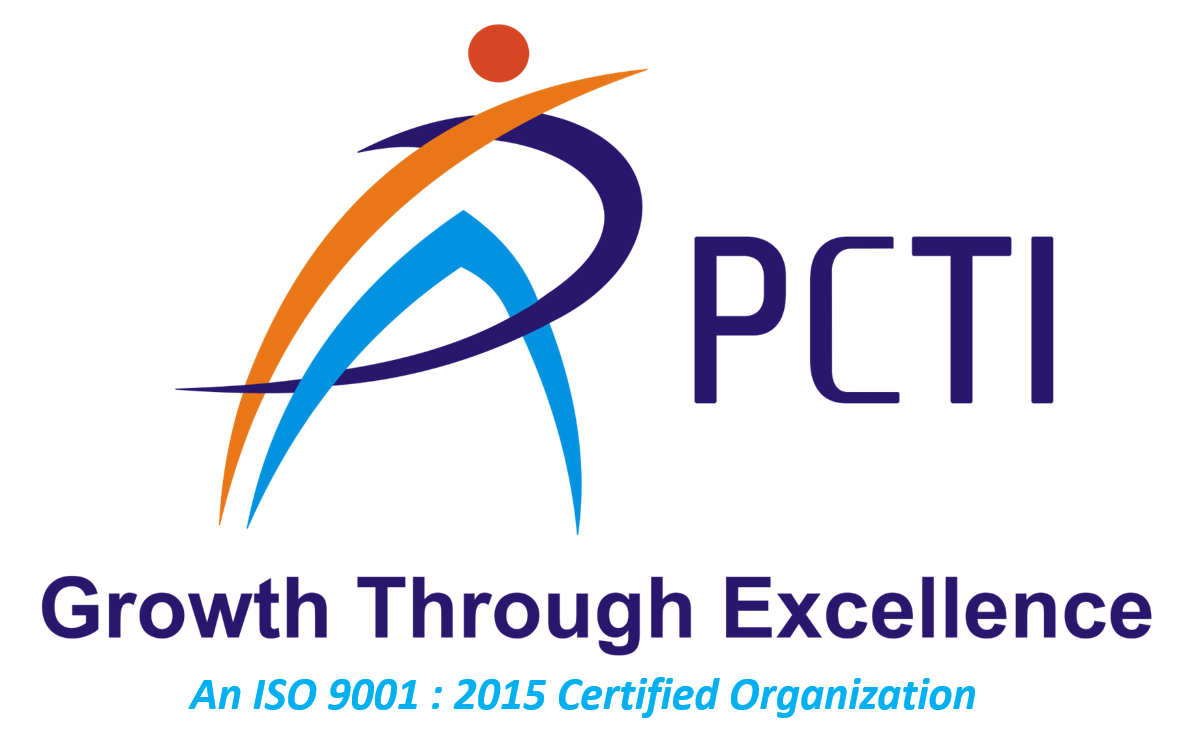Introduction
Regret is a feeling we all know
too well. Whether it's from missed opportunities, failed relationships, or
choices that didn't go as planned, regret is a common part of life. While it
can push us towards personal growth and positive change, it can also be overwhelming
if not managed properly. Understanding regret and overcoming it is essential
for our mental health and personal development.
The
Nature of Regret
Regret brings about emotions such
as sadness, repentance, or disappointment over something that has happened or
been done, especially regarding a lost opportunity. Psychologists often talk
about two main types of regret: regret from actions taken and regret from
actions not taken. Regret from actions comes from things we've done that we
wish we hadn't, like making a hurtful comment in a moment of anger. Regret from
inaction arises from things we didn't do but wish we had, such as not pursuing
a dream job or failing to express our feelings to someone we care about.
Common triggers for regret
include career decisions, relationships, educational choices, and financial
matters. For example, someone might regret not investing more in their
education, leading to a career that feels unfulfilling. Alternatively, they
might regret ending a relationship prematurely, only to realize later that it
had potential.
The psychological impact of
regret can be profound, leading to feelings such as sadness, guilt, and a
diminished sense of self-worth. Chronic regret can even contribute to mental
health issues like depression and anxiety. Therefore, understanding the
mechanisms of regret and developing effective coping strategies is essential.
Cognitive
Processes in Regret
Our thoughts play a significant
role in how we experience regret. One key aspect is hindsight bias—the tendency
to see events as predictable after they have occurred. This bias can intensify
feelings of regret because we feel we "should have known better." For
instance, someone might think, "I knew I should have made that
investment," even though the outcome wasn't certain at the time of the
decision.
Emotionally, regret is a complex
mix of sadness, frustration, and self-blame. These feelings can create a
feedback loop where the individual repeatedly replays the regretful event,
reinforcing negative emotions. This rumination can be particularly damaging,
preventing us from moving past our mistakes and focusing on the present.
Counterfactual thinking, which
involves imagining alternative outcomes to events that have already occurred,
also plays a crucial role in understanding regret. This thinking can lead to
"if only" scenarios, such as "If only I had studied harder, I
would have passed the exam." While counterfactual thinking can sometimes
motivate us to improve our future behaviour, it often results in increased
feelings of regret and dissatisfaction.
Strategies
to Overcome Regret
Overcoming regret requires
addressing both cognitive and emotional aspects. Here are some effective
strategies:
· Practicing
Self-Compassion
Treat yourself with the same
kindness and understanding you would offer a friend in a similar situation.
Recognize that everyone makes mistakes and that these experiences are growth
opportunities. Self-compassion can lessen the intensity of regret and promote
emotional well-being.
· Forgiveness
Forgiving yourself and others is
crucial for letting go of regret. Holding onto regret often involves harbouring
resentment or self-blame, which can be emotionally exhausting. By forgiving
yourself and others, you can release negative feelings and move forward with a
lighter heart.
· Cognitive
Reframing
Reframe your interpretation of
past events. Instead of viewing mistakes as failures, see them as learning
opportunities. For example, if you regret not pursuing a particular career,
consider what you have learned from your current job that could help in the future.
This shift in perspective can reduce feelings of regret and open up new
possibilities.
· Setting
New Goals
Setting new goals and taking
proactive steps toward them can provide a sense of direction and purpose,
alleviating feelings of stagnation. Focus on what you can achieve in the future
rather than dwelling on past mistakes. Focus that your goals are specific,
measurable, attainable, relevant, and time-bound (SMART) to increase your
chances of success.
· Seeking
Support
Talking to friends, family, or a
therapist can provide valuable perspectives and support. Discussing your
regrets with others can help you gain new insights and reduce feelings of
isolation. Professional counselling can also offer strategies for coping with
regret and improving mental health.
Practical
Steps to Move Forward from Regret
- Acknowledge Your Feelings:
Fully experience and understand your regret. Denying or suppressing these
emotions can prolong the healing process.
- Learn from the Experience:
Identify what went wrong and how to avoid similar mistakes in the future.
- Take Action:
Make amends if possible or take steps to rectify the situation. For
instance, reach out and apologize if your regret involves a broken
relationship.
- Focus on the Present:
Engage in activities that bring you joy and fulfillment now. Mindfulness
practices can help you stay grounded in the present moment and reduce
rumination on past regrets.
- Develop a Positive Mindset:
Cultivate a positive outlook by focusing on your strengths and
achievements. Remind yourself of past successes and how you have overcome
challenges before.
- Create a Supportive Environment:
Surround yourself with people who uplift and encourage you. A strong
support network can provide emotional stability and help you navigate
difficult times.
Conclusion
Regret is an unavoidable part of
life, but it doesn’t have to control us. By understanding the psychology of
regret and using strategies to overcome it, we can turn past mistakes into
opportunities for growth and self-improvement. Embrace a positive outlook and
take proactive steps towards a brighter future. Remember, it's never too late
to change your path and create a life free from the burdens of regrets.

